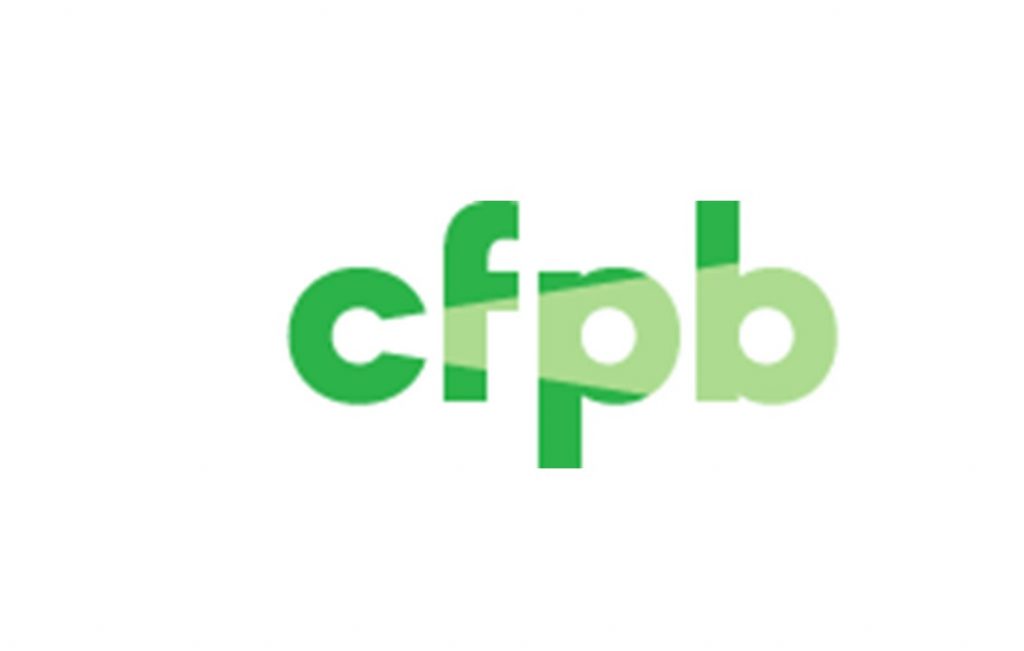
| Entities | |
| Topics and Issues | Disputes (45) |
In May 2022, the CFPB issued a press release announcing the release of “its Supervisory Highlights [Issue 26, Spring 2022] report on legal violations identified during the CFPB’s supervisory examinations in the second half of 2021. The report details key findings across consumer financial products and services.” The release notes that “examiners, however, have found that the credit reporting companies commonly fail to conduct these investigations in a timely manner, and they also fail to review and consider all the relevant evidence submitted by consumers.” The release also reminds readers that the Bureau released a report in March [2022] that highlighted how the credit reporting system is used to coerce families and individuals to pay medical bills that may not be accurate, are being disputed, or may not even be owed. Federal law requires credit reporting companies to ensure that medical bills reported on consumers’ credit reports are accurate. If furnishers of medical bills are contaminating the credit reporting system with inaccurate information, the CFPB expects credit reporting companies to limit their access to the system.
The current edition of Supervisory Highlights on credit reporting runs from pages 5 – 11. Highlights:
- 2.2.1 CRC duty to conduct reasonable reinvestigation of disputed information
- “In several reviews of CRCs, examiners found that CRCs failed to conduct reasonable investigations of disputes in multiple ways. Examiners also found that rather than resolving disputes consistent with the investigation conducted by the furnisher, which in many instances would have required correcting inaccurate derogatory information and replacing it with accurate positive information, CRCs simply deleted thousands of disputed tradelines. Examiners also found that CRCs failed to conduct reasonable dispute investigations when they failed to review and consider all relevant information submitted by the consumer in support of their disputes. After identification of these issues, CRCs were directed to cease violating the FCRA’s dispute investigation requirements.”
- 2.2.2 CRC duty to provide prompt notice of dispute to furnisher
- “In several reviews of CRCs, examiners found that CRCs failed to send notifications of dispute to furnishers within five business days of receiving the dispute. After identification of these issues, CRCs were directed to cease violating the FCRA’s dispute notification timeliness requirements.”
- 2.2.4 Furnisher duty to conduct reasonable investigations of indirect disputes
- “When disputes are forwarded to furnishers by CRCs, the FCRA does not provide the furnisher with discretion to deem such disputes frivolous; for indirect disputes, only the CRC has discretion to determine that disputes are frivolous or irrelevant.” The report then highlights failures of one or more credit card furnishers, deposit furnishers, and auto furnishers.
- 2.2.5 Furnisher duty to report the results of direct dispute investigations to consumers
- “In reviews of credit card furnishers, examiners found that the furnishers conducted investigations of direct disputes and sent the consumers response letters, but the letters failed to communicate the results of the investigations. Specifically, for disputes that resulted in corrections to disputed information, the furnishers used template response letters that included confusing language, which created ambiguity about whether changes had been made in response to the dispute investigations. These letters failed to provide consumers with the results of the dispute investigations because they did not affirmatively inform the consumers that changes were made in response to their disputes. In response to these findings, the furnishers implemented revised template response letters, which do not contain ambiguous language and clearly communicate that changes were made in response to the dispute investigations.”
- 2.2.6 Furnisher duty to correct and update information
- “In reviews of credit card furnishers, examiners found that furnishers failed to send updating or correcting information to CRCs after making a determination that information the furnishers had reported was not complete or accurate. For example, examiners found that after determining that accounts that had been given new account numbers were erroneously being furnished twice to the CRCs, once under the old account number and once under the new account number, the furnishers continued to furnish the duplicate accounts to the CRCs. Examiners also found that credit card furnishers violated this provision by failing to promptly update account statuses to settled-in-full, paid-in-full, voluntarily closed, or discharged in bankruptcy upon recognizing that the account statuses furnished did not match the account statuses in the furnishers’ systems of record.”
- “Supervision directed the furnishers to update their systems to allow for prompt updates to, and to prevent the continued furnishing of information determined to be incomplete or inaccurate.”
- 2.2.7 Furnisher duty to establish and implement reasonable policies and procedures concerning the accuracy and integrity of furnished information
- “In previous issues of Supervisory Highlights we described supervisory findings of furnishers that violated [the] requirements [of Reg. V and Appendix E]. In recent supervisory reviews, we have identified further violations of the Regulation V requirement for reasonable written policies and procedures.” (citing CFPB, Supervisory Highlights: Consumer Reporting Special Edition, at 4-7 (Dec. 2019); CFPB, Supervisory Highlights, Winter 2017, at 13-17 (March 2017).